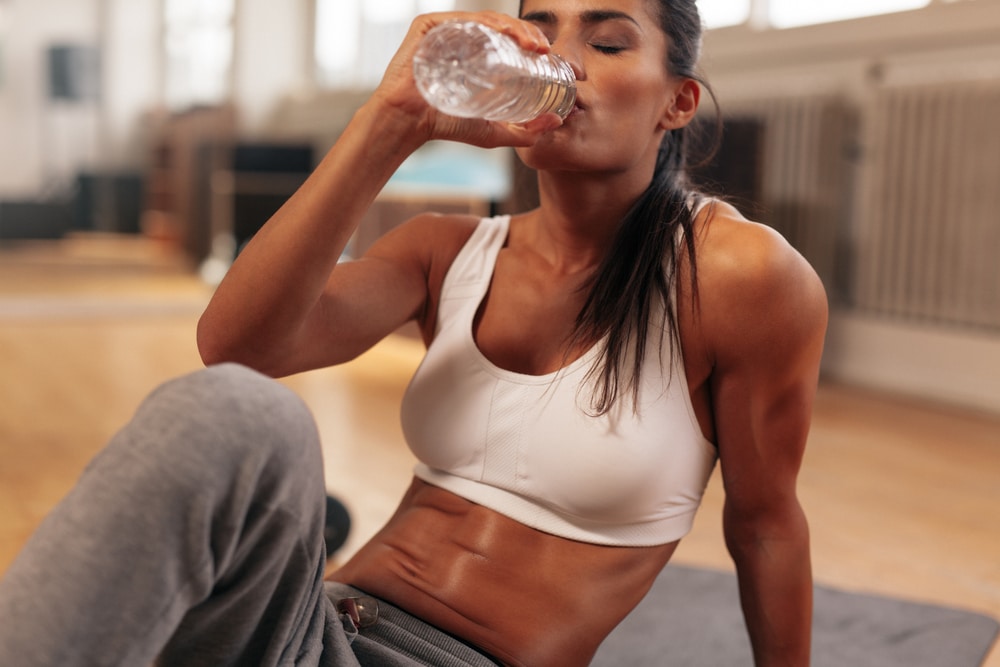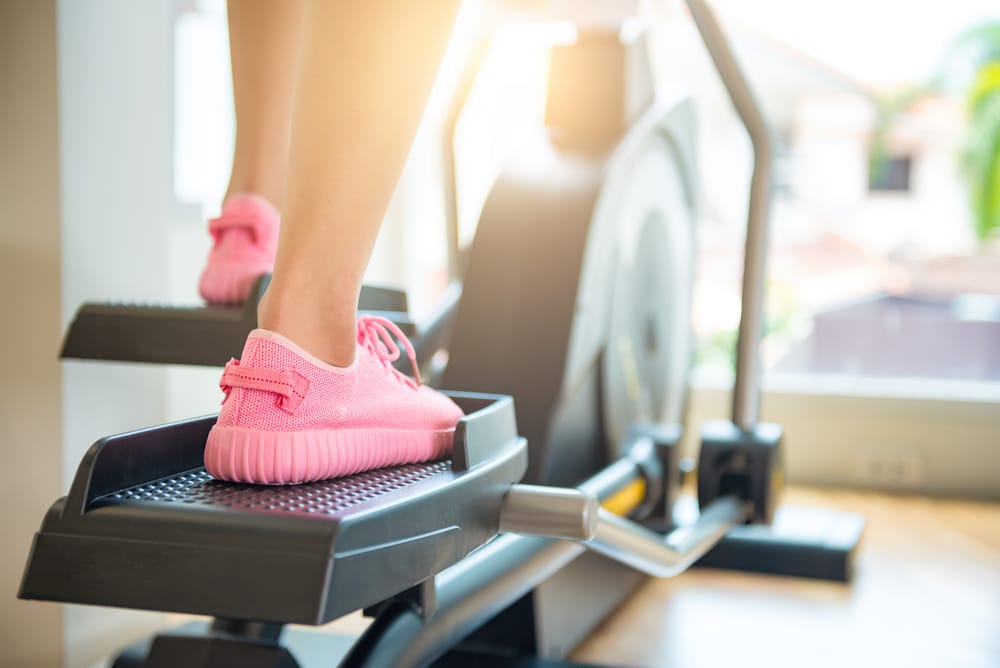Usually beginners try not to eat after training. It is believed that the insulin that has risen after eating interferes with fat burning, which continues for some time after a workout, and the calories received will “zero out” all expenses.
Often people deliberately do not eat not only after a workout, but also before, so as not to interfere with fat oxidation. These fears are not justified.
Studies show that carbohydrates during intense cardio (interval training, HIIT, etc.) do not affect fat oxidation in any way. Of course, low-intensity workouts (easy running, brisk walking, cycling or stationary cycling) will be affected, but such workouts usually do not require additional energy, they are low-power themselves, and can even be performed on an empty stomach.
What's more, carbohydrates before an intense workout can indirectly help with fat loss - simply because they allow you to work more, longer, harder. As a result, you burn more calories per workout than if you could barely move from weakness and hunger.
In terms of weight loss, the ability to train at full strength is much more important than the additional calorie expenditure due to skipping meals, especially since it is very small.
The same applies to strength training during weight loss. FROMThe ability to train hard, intensely is always in the first place than the ability to burn a few calories in excess. Especially,strength training does not spend a lot of calories - during the workout, a person rests in total more than he trains.
The goal of strength training during weight loss is not so much to burn calories, but to protect your muscles on a diet. Burning calories is just a bonus, not a goal.
Food after an intense workout

After a high-intensity workout, the body continues to use fat for fuel even when you eat carbs right after (assuming you are in a calorie deficit throughout the day). Atcarbohydrates go to recovery, and the body continues to use fat for energy.
Post-workout nutrition is very important for recovery. On a diet, recovery is worse, and if a person does not eat two hours before training, an hour in training and two hours after, stress becomes greater.
Therefore, the benefits of eating after a workout outweigh any benefits of additional (and very modest) calorie expenditure.
Eating after regular cardio

Many people forget that weight loss occurs not only in training, but inthe remaining 23 hours when a person is not engaged.Therefore, the basis of any weight loss is, first of all, a diet.
If you maintain a calorie deficit throughout the day, you will lose weight even if you eat immediately after cardio.
Conventional cardio, due to its low power, does not require a lot of energy before, during and after exercise. Therefore, here you can rely on the feeling of hunger. If you want, eat, if you want, don't.
How to organize meals?
Instead of cutting out carbs before and after strength training to burn more calories, do the opposite. Eat the main carbohydrates before and after training, reducing their amount at other meals.
If training in the evening, it makes no sense to eat most of the carbohydrates for breakfast. If you move your carbs into the evening, uh This can retain some of the benefits of a low-carb diet throughout the day (at the expense of low insulin levels), while still allowing you to exercise intensely and allow your body to recover from it.
Output
Working hard in a workout and allowing your body to recover from it is much more important than any minor benefit from additional calorie expenditure in the first hours after a workout. Most of the weight loss happens outside of the gym and depends on how well you diet.
